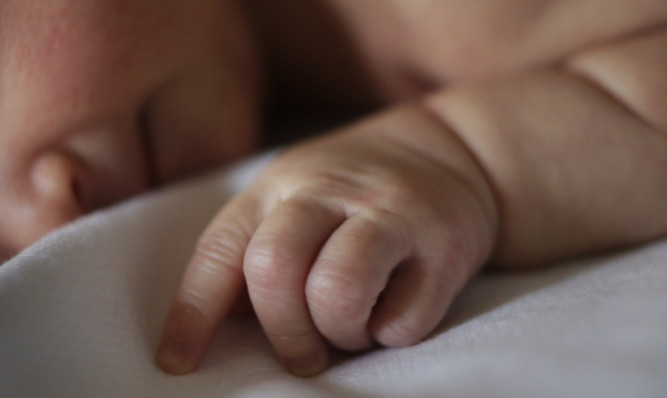Assisted labour during childbirth can raise the risk of autism by more than a third, research has shown.
The link is especially strong for boys and comparable with other autism risk factors such as having an older mother and early birth.
Scientists who studied data on around 625,000 births found the chances of a boy developing the behavioural disorder increased by 35% if his mother underwent two forms of assisted labour.
Lead researcher Dr Simon Gregory, from Duke University Medical Centre in the US, said: “Inducing or augmenting labour has been previously suggested as a contributing factor to autism development. However, these studies produced conflicting results and consisted of a relatively small number of subjects.
“Our study is by far the largest one of its kind to look at the association between autism and induction or augmentation.”
Induced labour involves stimulating contractions before they start spontaneously. Augmenting labour increases the strength, duration or frequency of contractions.
In the case of boys, both raised the risk of autism whether used together or individually. Only augmentation alone was associated with an increased risk among girls.
However, the actual likelihood of a child developing autism after an assisted birth remains very low, the researchers point out.
Of the 625,042 children whose births were included in the study, just 1.3% of the boys and 0.4% of the girls went on to be diagnosed with autism.
Two in 1,000 autism cases among boys whose mothers experienced induced or augmented labour could have been prevented if their births were unassisted, according to the researchers.
Further work is needed to investigate the reasons for the link, they added.
